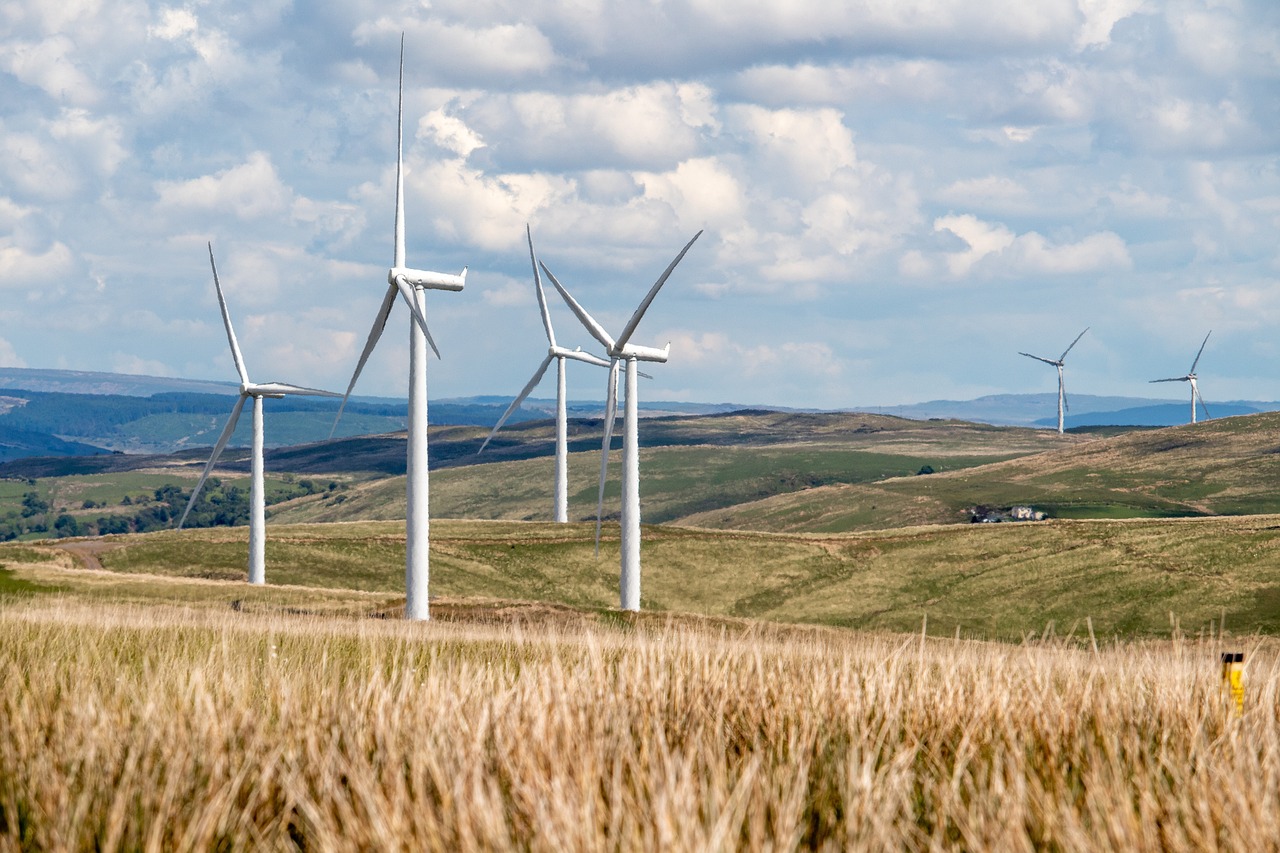In 2015, world leaders at COP21 committed to a 1.5°C target for global warming by 2050. To stay on course, science tells us that we must reduce our carbon emissions…Read More >
energy
Why it’s time for new approaches to environmental and health issues in the EU
An article recently published in Environmental Science & Policy suggests that current economic approaches to addressing environmental and health issues in the European Union suffer from a lack of imagination,…Read More >
‘Limited evidence’ smart meters would save consumers money
Today’s revelation that there is ‘no realistic prospect’ of the UK Government meeting its smart energy meter installation target has led to it being labelled a ‘fiasco’ by critics. Jacopo…Read More >



